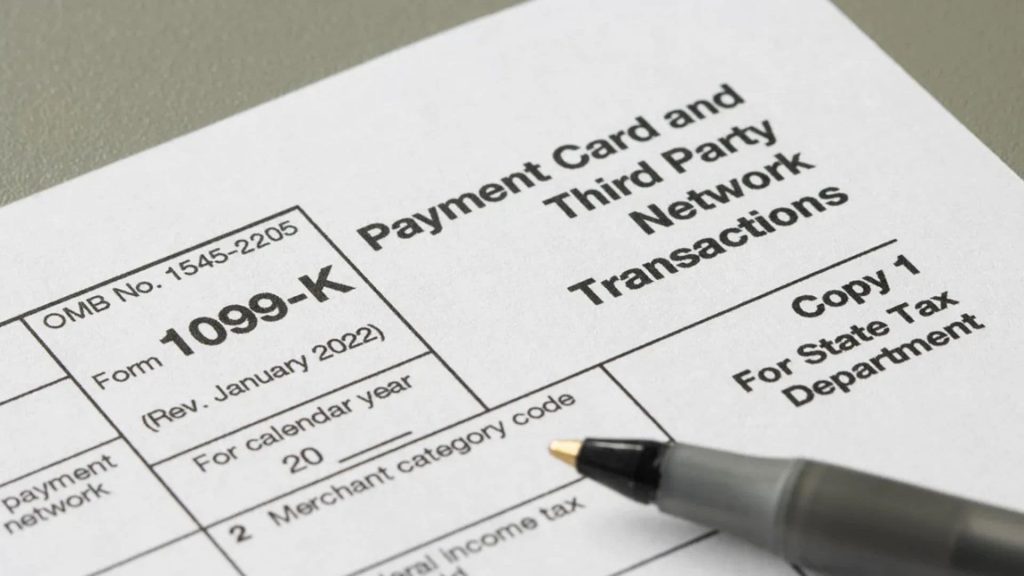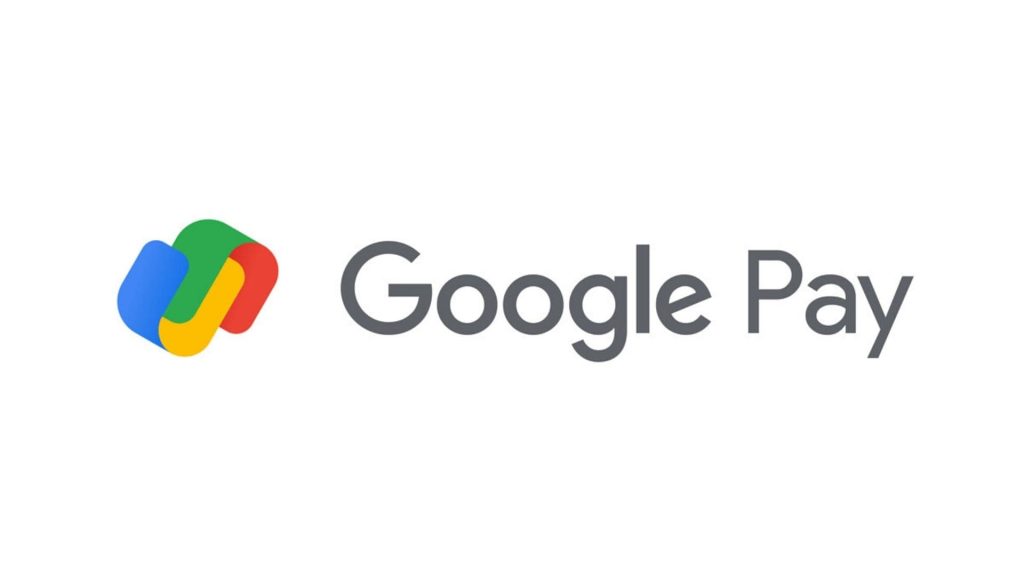
When it comes to managing your money online, the question Are Your Google Pay Transactions Tracked by the IRS? is top of mind for many digital wallet users. With the rise of payment apps like Google Pay, Venmo, and PayPal, understanding how your transactions are reported for tax purposes is more important than ever. As of June 2024, Google Pay stopped allowing peer-to-peer payments in the U.S., so you can no longer send or receive money between friends and family through the app. Previously, these peer-to-peer payments were not typically reported to the IRS unless they were for business purposes or exceeded certain thresholds. However, if you’re using Google Pay for business transactions, especially as a merchant, the IRS may require reporting—particularly if your payments cross the $5,000 threshold for goods and services in a calendar year. The IRS uses forms like the 1099-K to track business income from digital payment platforms, and Google is required to collect tax information from merchants and report gross payment amounts under certain conditions. So, while your casual coffee split with a friend won’t raise any red flags, business-related Google Pay transactions could be reported to the IRS, and it’s always wise to keep accurate records and stay informed about the latest tax rules.

How Does the IRS Track Google Pay Transactions?
The IRS doesn’t monitor every single Google Pay transaction. Instead, it relies on third-party payment platforms, including Google Pay, to report business-related transactions that meet specific criteria. For 2024 and beyond, apps must send a 1099-K form to users and the IRS if they receive over $5,000 in payments for goods or services in a year. This form is not required for personal transactions—like paying your roommate for rent or splitting a dinner bill—unless they’re incorrectly marked as business payments.
What About Google Pay Merchants?
If you’re a business or merchant using Google Pay, Google is obligated to report your gross payment transactions to the IRS if you meet the reporting thresholds. You’ll need to provide accurate tax information (like your legal business name and tax ID) in your Google Payments profile. Google files Form 1099-K for merchants who exceed the threshold, and you’ll receive a copy for your records.
Are Personal Google Pay Transactions Taxable?
Personal transactions—such as gifts, reimbursements, or splitting expenses—are generally not taxable and not reported to the IRS. However, if you receive a 1099-K for personal transfers, you may need to clarify the nature of those transactions on your tax return to avoid confusion. Always keep notes and records of the purpose of each payment, just in case.
How Can You Keep Your Google Pay Transactions Tax-Smart?
- Separate business and personal payments: Use business accounts for selling goods/services and personal accounts for everything else.
- Classify payments correctly: Make sure payments are marked as “friends and family” or “goods and services” as appropriate.
- Keep accurate records: Document who sent you money, why, and when.
- Stay updated: Tax laws and reporting thresholds can change, so check for updates each year.

Google Pay’s Commitment to Privacy
Google Pay prioritizes user privacy and security. It does not sell your transaction history to third parties or use it for ad targeting. Your payment info is encrypted and stored securely, and you have control over your privacy settings.
FAQs
Does the IRS see every Google Pay transaction?
No, the IRS only receives information about business transactions that meet reporting thresholds, not everyday personal payments.
Will I get a 1099-K from Google Pay for splitting bills?
Not unless your transactions are marked as business payments or you exceed the reporting threshold with business activity. Personal transfers are generally not reported.
What should I do if I get a 1099-K for personal Google Pay transactions?
Keep records and be prepared to explain the nature of those payments on your tax return to avoid being taxed on non-income transfers.
Are Google Pay transactions private?
Yes, Google Pay does not sell your transaction history and uses advanced security to protect your payment information.